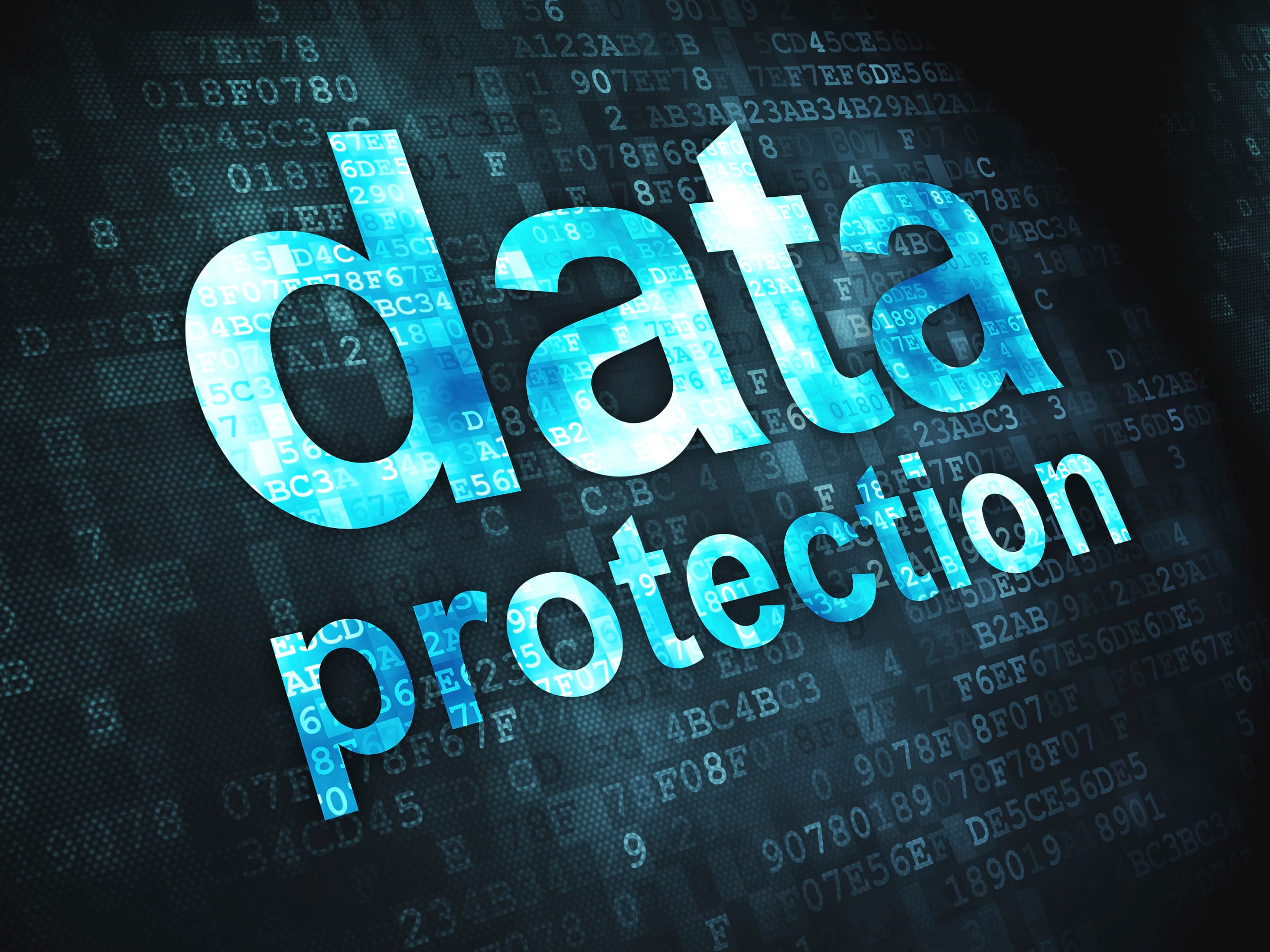Personal data is becoming more and more accessible today as businesses begin digitizing everything. It’s easy to place orders, sign up for events, join online groups and register for just about anything via the internet. As more information gets stored online, and digitally in general, it becomes increasingly important to figure out ways to protect that information and to prevent people from gaining unauthorized access to it. That’s precisely why the Personal Data Protection Act was founded. This set of rules and regulations affects nearly every business in operation today, including event organizers. As an event organizer, you have to be aware of the latest information management tools and the standards in place designed to keep your data protected and out of the hands of those that shouldn’t have it.
What is the Personal Data Protection Act?
The Personal Data Protection Act is a set of legal rules and regulations around managing personal information digitally. Once a person’s personal information has been collected and digitized by another person, it’s their responsibility to protect that information and make sure it isn’t accessible to everyone else. This is a very real consideration that people like event organizers have to think about now that digital information is so easy to collect and assemble.
The act came into effect back in 2014, but there are still many organizers today that aren’t familiar with the rules and guidelines that they should be following. Every professional that manages personal information should take the time to learn the different guidelines and figure out just how they affect their business personally.
Why Does it Affect Event Organizers?
Event organizers are responsible for collecting large amounts of information about people planning to attend the events. Whether the information is for business owners, homeowners or anyone else, it can be quite personal and not information that the people would want readily accessible.
For that reason, event organizers have to be really careful how they provide data protection for events in event management industry: how they store personal information and how it’s protected over time. Many rely on advanced tools to do the job, and storage solutions are becoming more advanced over time.
Get Permission Before Sharing
As an event organizer you have to be careful about what information is shared with the public and with others attending your events. If you plan on gathering contact information and other bits of information, you either have to work hard to keep it private and well-protected, or you have to get permission from everyone on the list, allowing the information to be shared among everyone attending. This is a vital step that every event organizer must take, to avoid being in violation of the Personal Data Protection Act.
Public Domain Information
While it’s important to ask before sharing most bits of information about attendants to different events, there are bits of information that are considered to be public domain items and you are generally free to share them without asking for permission. It’s alright to share delegate names, job titles and organizations, but that’s it. Everything else must be carefully secured and only disclosed when permission has been granted to do so beforehand.

Consider a Web-Based Registration System
While it might seem complicated to gather attendee information for your events while protecting everyone’s private information, it’s not difficult or complicated at all when making use of a web-based registration system. These systems make it easy for attendants to enter in their own information for the different events. Not only does it remove the burden of personally gathering information from you, but it also handles asking for permission to disclose that information as well. Most of the best online management systems require attendants to opt-in for sharing their information, or to opt-out of sharing information. This protects you as the event organizer from any PDPA violations, and streamlines the whole signup process dramatically.
An Opt in and out is Vital
Whenever delegate information is going to be given out to another group of people, or any third party, every delegate must be given the chance to opt out of the list being sent out. Software is the best way to do this, but event organizers must work out some way to give every single attendee the chance to not be included in the list. Without adding this step into the information collection process you would be in clear violation of the Personal Data Protection Acts.
Only Share What is Necessary
Many event organizers are tempted to share all the information that they have about each of the delegates involved in the event. This often isn’t necessary nor is it ideal. Instead of having them sign off on sharing every bit of information that they’ve been provided, limit the public information to a few key pieces of information. This will make attendees much more likely to opt-in to the list, and will reduce your overall liability dramatically. Keep all the other bits of information secured in an encrypted file or database and only share what’s absolutely necessary.

Let Attendees Share their Own Information
Another excellent way to protect attendee information is to put them in charge of giving it out. While it can be very convenient to have a full directory of everyone attending and their pertinent information, this is not necessary. Instead keep a really bare-bones list of information for each attendee, and then let them know they are responsible for networking and giving out information to anyone they want to have it. That means bringing along their own business cards, or simply sharing information verbally or by writing it down on paper.
This might seem like a low-tech solution to the information problem, but it’s actually one of the best ways that organizers can secure customer information. If you aren’t keen on using advanced data management services, or you simply don’t want to deal with the hassle of protecting personal information, simply avoid collecting it and leave information sharing up to the individual attendees instead.
Secure Information Carefully
As an event organizer it’s generally up to you to gather all the important information about every one of the attendees for upcoming events. Once you take the time to acquire that information, it’s up to you to safeguard it as well. Simply putting it into a spreadsheet on your personal computer, likely isn’t enough to protect the information, even if it is protected by a password. Instead you should rely on a data management solution online to safeguard the information, or a specialized piece of offline software designed to safeguard the information. There are products designed specifically for this purpose, be sure to make use of one whenever holding onto attendee information. Not only will it help protect the information adequately, but it will also make looking up information simpler and help you manage large sets of data for thousands of people for particularly large events.
Rely on Encryption for Top Level Security
In order to ensure that information is properly protected when hosting information online, or transmitting data from one location to another, event organizers need to rely on services that use SSL encryption. This is the same protective measures that banks and online retailers use to protect their customers. Encrypted data cannot be accessed during transmission from one location to another. It’s scrambled up and unscrambled after arriving at the final destination, making it as secure as possible.
Encryption is especially important for event organizers that also collect payments from customers while gathering up their information and it’s often integrated right into most online services and organization tools today.
Dealing with the Personal Data Protection Act you should take some time to understand how to meet all the requirements and restrictions that it sets in place. Keep all the above information in mind, and seriously consider making use of a secure information management system, like one of the professional solutions available today. They are online and readily available, and every event organizer should make use of one.









